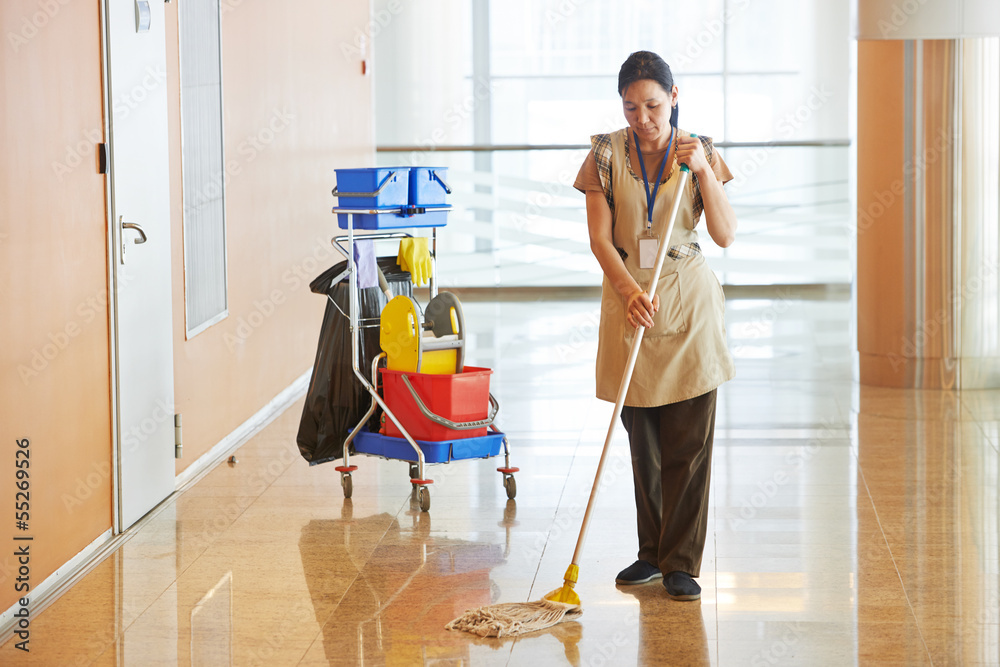
Housekeeping services play a crucial role in maintaining a hospital’s cleanliness, hygiene, and overall functionality. The importance of housekeeping in a hospital setting goes beyond aesthetic considerations; it directly impacts patient safety, infection control, and the overall well-being of patients, staff, and visitors. Here are key aspects of the role of housekeeping services in maintaining a hospital:
- Infection Control:
- Hospitals are susceptible to the spread of infections, and cleanliness is paramount in preventing the transmission of diseases. Housekeeping staff is responsible for thorough cleaning and disinfection of patient rooms, treatment areas, waiting rooms, and common areas to reduce the risk of healthcare-associated infections.
- Patient Satisfaction and Comfort:
- A clean and well-maintained environment contributes to the comfort and satisfaction of patients. Housekeeping services ensure that patient rooms, bathrooms, and common areas are tidy, organized, and conducive to the healing process.
- Safety and Regulatory Compliance:
- Housekeeping staff plays a role in maintaining a safe environment by promptly addressing spills, removing clutter, and ensuring compliance with safety regulations. This includes keeping emergency exits clear, maintaining proper signage, and promptly reporting any maintenance issues.
- Waste Management:
- Hospitals generate a significant amount of medical waste that requires proper handling and disposal. Housekeeping services are responsible for collecting, segregating, and disposing of waste according to regulatory guidelines. This includes handling hazardous materials in a safe and controlled manner.
- Linen Management:
- Housekeeping staff is responsible for managing the hospital’s linen services, including the collection, cleaning, and distribution of linens. Clean and properly handled linens are essential for maintaining hygiene and preventing the spread of infections.
- Collaboration with Infection Control Teams:
- Housekeeping teams collaborate closely with infection control teams to implement and adhere to protocols for cleaning and disinfection. This partnership is crucial in identifying and addressing potential infection control issues promptly.
- Emergency Response and Preparedness:
- Housekeeping staff should be trained in emergency response procedures and contribute to the hospital’s overall preparedness for emergencies. This includes understanding evacuation plans and the proper handling of spills or accidents.
- Environmental Sustainability:
- Some modern housekeeping services in hospitals also focus on environmentally sustainable practices. This may involve using eco-friendly cleaning products, implementing waste reduction strategies, and participating in recycling programs.
- Support for Other Departments:
- Housekeeping services support various hospital departments by ensuring that treatment rooms, surgical suites, and diagnostic areas are clean and well-maintained. This contributes to the overall efficiency and effectiveness of healthcare delivery.
- Public Image:
- The cleanliness and appearance of a hospital contribute to its public image. A well-maintained environment creates a positive impression on patients, visitors, and staff, reflecting the hospital’s commitment to quality care.
In summary, housekeeping services in a hospital are essential for maintaining a clean, safe, and welcoming environment. This contributes significantly to patient safety, satisfaction, and the overall effectiveness of healthcare delivery. Proper training, adherence to protocols, and effective communication with other healthcare teams are critical components of successful housekeeping services in a hospital setting.
